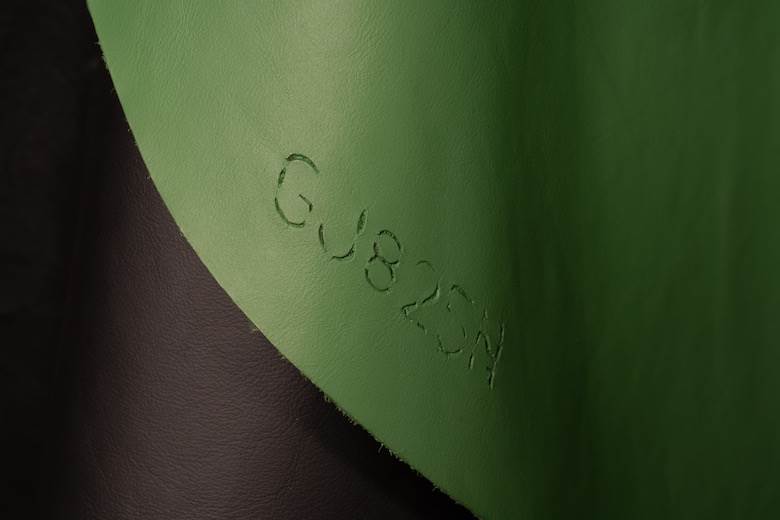Bridge of Weir issues greenwashing warning

Leather manufacturer Bridge of Weir has issued a call for “a step change in transparency” around the sustainability claims of the synthetic materials that some automotive brands use in their car interiors.
Bridge of Weir, part of Scottish Leather Group, has objected to claims that non-animal materials outperform leather when it comes to sustainability, saying it is concerned car makers and consumers “are being greenwashed”.
It quoted FILK’s ‘Comparison of the Technical Performance of Leather and Trendy Alternatives’ research from 2021, which revealed the extent of plastics content in many leather alternatives. Fossil fuel-derived materials that do not biodegrade safely or efficiently and, because they are often composites, cannot be fully recycled, pose a major environmental problem, the leather manufacturer said. “Such products do not last as long as leather, leading to more frequent replacement,” it added.
Bridge of Weir called on automotive material manufacturers to reveal the environmental impact of their products in full to enable verification of their green claims. Its head of sustainability and innovation, Dr Warren Bowden, said: “Car makers and consumers are being led to believe that many non-animal materials perform better and are more sustainable than leather. But this isn’t the case and there is real concern they are being greenwashed.”
He explained that, unlike leather, synthetic materials created using fossil fuels “cause tremendous damage to biodiversity”. The materials industry must be more transparent on its sustainability claims, he said, to enable car companies and consumers to make fully informed decisions. He added: “With global beef consumption rising, the leather industry plays an absolutely crucial role in circularity, upcycling hides that would otherwise become landfill, where they would emit hundreds of tonnes of methane each year.”
Claims around the emissions of leather versus non-animal materials are also awash with misinformation, Dr Bowden said. He concluded: “Leather’s environmental credentials are one of its most important advantages. It is one of the oldest forms of upcycling and the irony is, if it were invented today, leather would be considered ground-breaking.”










